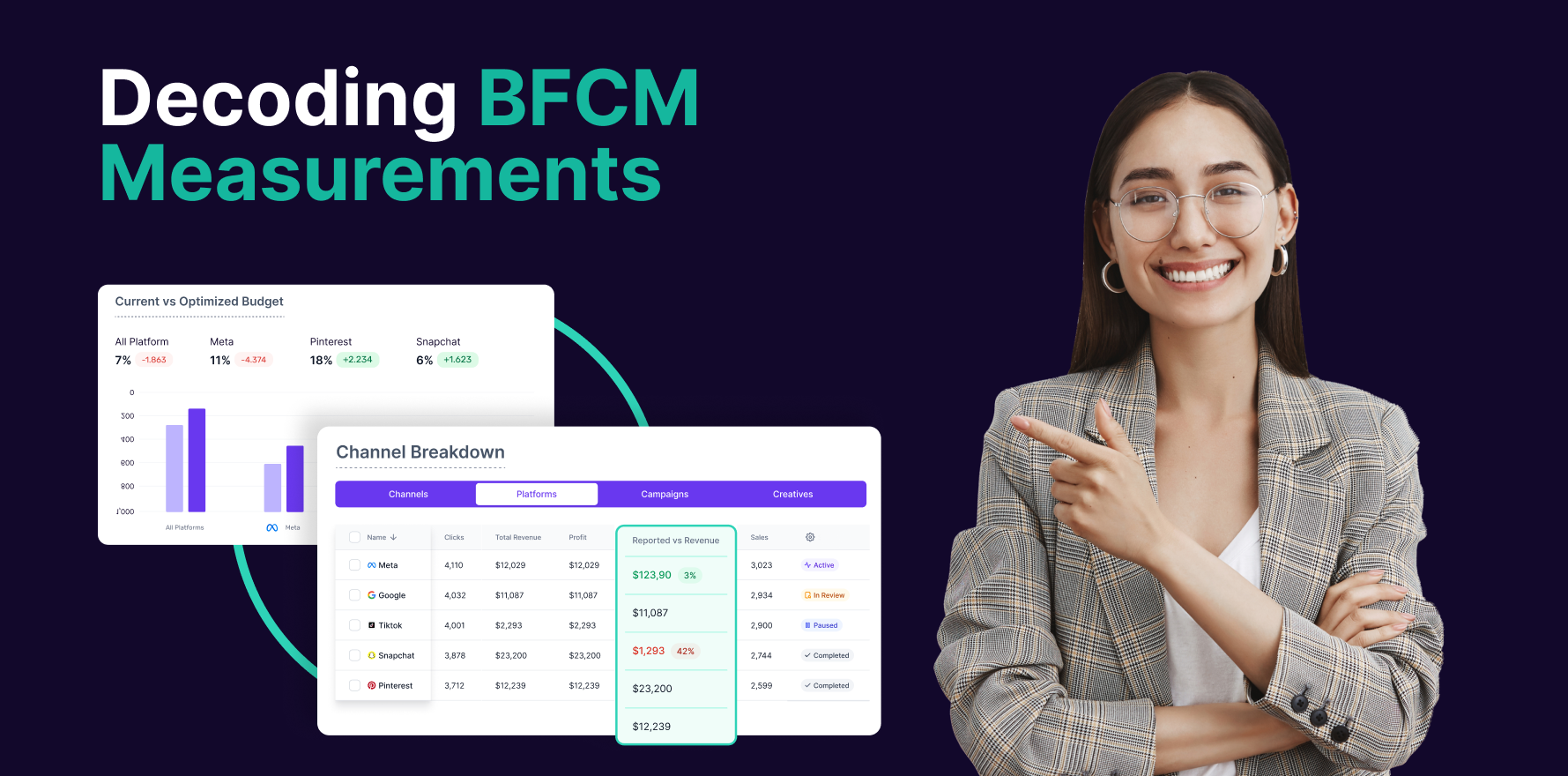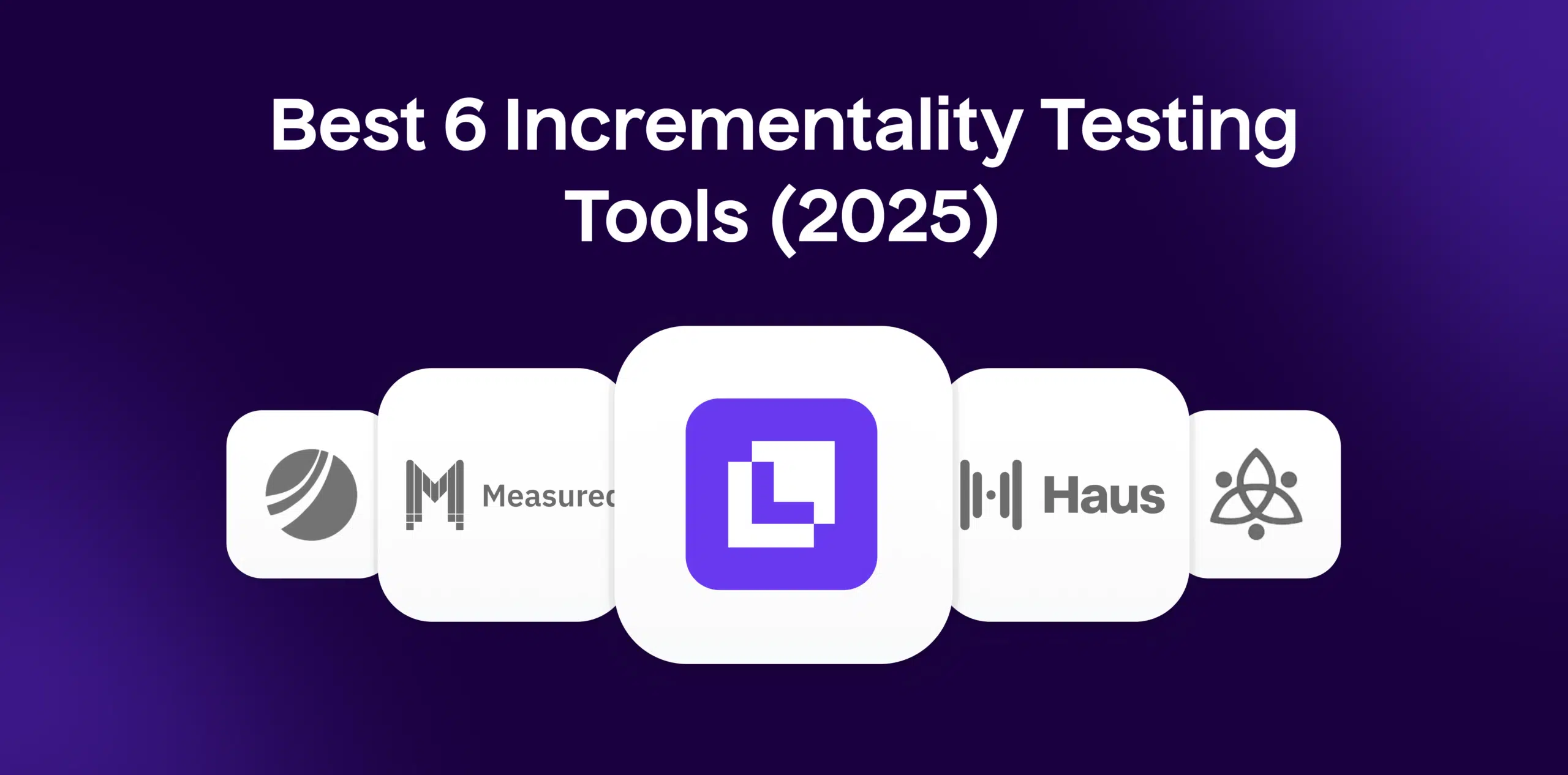What is Sales tax?
Sales tax is a compulsory charge imposed by the government on the sale of goods and services, which varies by jurisdiction. In an ecommerce context, sales tax is applied to the transactions between businesses and end consumers, making it a critical aspect for online retailers to understand and manage in order to maintain compliance with local tax laws. Sales tax is typically calculated as a percentage of the price of the taxable item or service and can often include additional local or specialty taxes depending on the jurisdiction.
Formula
Total Sales Tax = (Base Price of Goods or Services) x (Applicable Sales Tax Rate)
Example
Consider an individual purchasing a $100 item from an online store located within their state. If their state sales tax is 7%, then the total sales tax on the $100 item would be $7, making the final transaction cost $107.
Why is Sales tax important?
- Legal compliance: It is crucial for ecommerce businesses to understand and properly collect and remit sales tax in order to stay compliant with tax laws and avoid penalties.
- Customer trust: Transparency and accuracy in sales tax charges can help build trust and credibility with customers.
- Impact on revenue: Sales tax affects the final transaction price, which can influence consumer behavior and overall revenue for an online business.
How to improve Sales Tax management:
- Stay informed: Stay updated on changing tax laws, rates, and filing requirements in every jurisdiction where your ecommerce business has a presence or conducts sales.
- Use automation: Implement tax calculation software to automate the process of determining sales tax based on jurisdiction, taxability, and exemption rules.
- Regular audits: Conduct regular internal audits to ensure accurate sales tax calculation, collection, and remittance.
Which factors impact Sales tax?
- Nexus: Tax nexus regulations vary by jurisdiction and ecommerce businesses must understand their nexus obligations when selling across state or international borders.
- Product Taxability: Different products and services are subject to different sales tax rates or exemptions based on the jurisdiction’s tax laws.
- Customer exemptions: Some customers, such as resellers or tax-exempt organizations, may be exempt from paying sales tax on certain transactions.
How can Sales tax be improved?
- Stay informed: Stay updated on changing tax laws, rates, and filing requirements in every jurisdiction where your ecommerce business has a presence or conducts sales.
- Use automation: Implement tax calculation software to automate the process of determining sales tax based on jurisdiction, taxability, and exemption rules.
- Regular audits: Conduct regular internal audits to ensure accurate sales tax calculation, collection, and remittance.
What is Sales tax’s relationship with other metrics?
- Average Order Value (AOV): Sales tax affects the final cost of a transaction, which can impact your AOV. Proper sales tax compliance can help you maintain accurate AOV calculations.
- Conversion Rate: Properly managing sales tax can lead to a more seamless checkout experience for customers, which can positively influence your conversion rate.
- Revenue: Sales tax directly impacts your final transaction price, which can influence the total revenue generated by your online business.In conclusion, understanding and managing sales tax is crucial to the overall success and legal compliance of any ecommerce business. Proper management of sales tax obligations can also have a positive effect on customer trust and the performance of several important ecommerce metrics, including AOV, conversion rate, and revenue.
Free essential resources for success
Discover more from Lifesight















